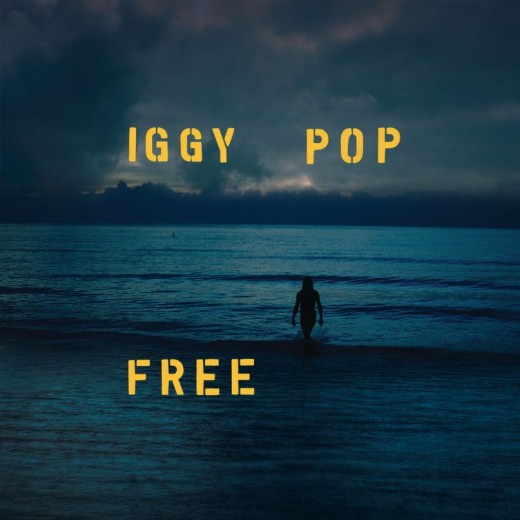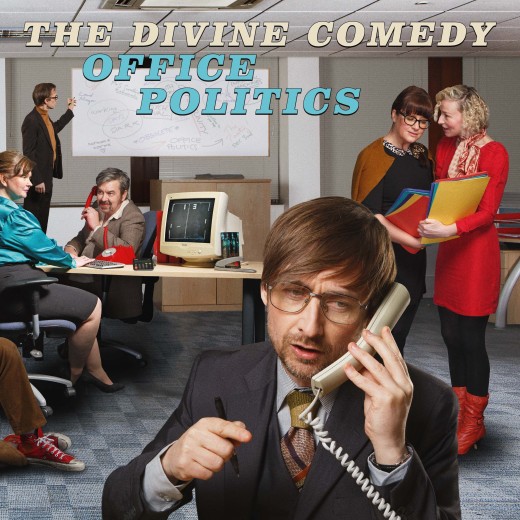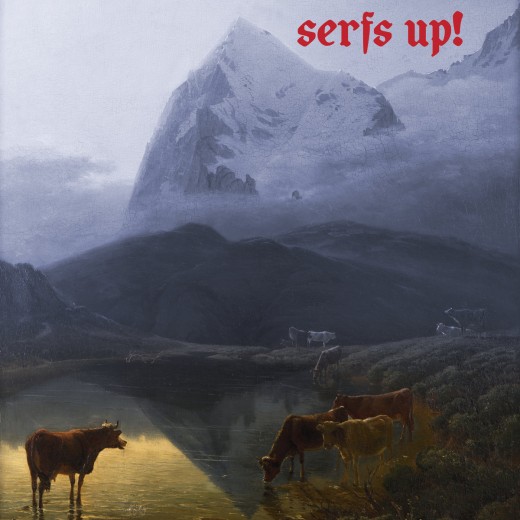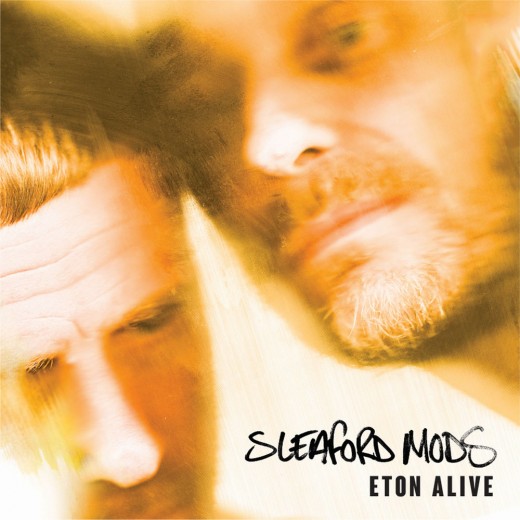“The way the word ‘empowered’ is used makes feminism more digestible … I wanted to make work that was maybe less digestible.” This was Kim Gordon in conversation with Sinéad Gleeson at Dublin’s Light House Cinema this past July, having launched an exhibition of her visual art at the IMMA entitled She bites her tender mind. Its title is derived from one of Sappho’s fragments, connecting the project to the ancient poet’s evocations of feminine beauty and desire – while also nodding to the broken-down language that has consistently graced Gordon’s own work, in both her coolly minimalist lyrics and the shredded phrases…
-
-
Angel Olsen rarely shies away from making demands of those to whom her songs are addressed, seemingly with the aim of forging a sense of connection or wholeness through sheer will – not only with the addressee in question, however, but also with (or within) herself, and the world she inhabits. At her most confident, she issues imperatives that appear to be concerned less with whatever romantic situation is at hand, and more with a desire to give herself a voice when she feels most vulnerable, to be heard clearly just as emotional tumult threatens to drown out sincere efforts to…
-
Complaints about Pixies’ latter-day output – that is, their two LPs of post-reunion material, 2014’s Indie Cindy and 2016’s Head Carrier – have been plentiful, and loud: it’s not the same without Kim Deal, whose gifts for odd yet propulsive rhythm and sense of unnerving harmony had contributed so much to their sound before she left the band in 2013; it recalls too often Black Francis AKA Charles Thompson’s solo work, lacking the demented energy that defined their early material; the biblical, literary, and cinematic references, once deployed wittily, now sound laboured or even self-parodic. The criticism hasn’t been entirely unfounded. The urgency that infused their…
-
At the end of 2016’s Post Pop Depression, his finest work since the 1970s, Iggy Pop tells us he’s going to Paraguay – to where “there’s not so much fucking knowledge”, “people are still human beings”, and he can “heal” himself, sick of political fearmongering, internet commentators, and cheating executives. Some took the promise of his disappearance – if not his mythical Paraguay – seriously, wondering if this was the last we’d hear from the Stooges frontman, who has now been releasing records for a half-century. Pop seems to have wondered the same himself, telling the New Yorker recently that he’d felt burnt…
-
Neil Hannon has always been, rather consciously, something of an anachronism in contemporary pop – an urbane, arch throwback to suave crooners and irreverent singer-songwriters of the 1960s. In a way, this made sense in the ’90s, when The Divine Comedy were at their commercial height. After all, Britpop juggernauts Oasis and Blur were fetishists of the ’60s, lifting the Beatles’ and Kinks’ aesthetics from the middle part of that decade; Jarvis Cocker, when not drawing inspiration from Serge Gainsbourg, shared Hannon’s obsession with the wry, literary Scott Walker. But while Albarn and Cocker combined those influences with more contemporary sensibilities, Hannon was a purist –…
-
The spirit of Jean Genet has been invoked far too often by would-be provocateurs for his warped aphorisms, especially tiresome when sputtered by indie-rock’s supposed enfants terribles; so many wannabe-libertines have cited The Thief’s Journal in justifying their decadent posturing, I wonder whether Genet’s had a moment’s rest amid his turning in the dirt. When Fat White Family frontman Lias Saoudi told The Quietus recently that Genet was the “lyrical bedrock of the album”, I feared that the band’s raucous black comedy might have begun to curdle into banal pretence. No such worries. While the group has straightened up in some ways…
-
The rock press has made much of Stephen Malkmus’ reinvention on Groove Denied, his first solo LP to lack any contributions (credited or otherwise) from his Jicks bandmates; publicised as an homage to the minimalism and analogue electronics of late-’70s and early-’80s post-punk, it’s been received as a left-turn for a songwriter closely associated with ’90s indie noise. Malkmus discussed the new direction with Rolling Stone recently, explaining: “I guess everyone has their distorted self-image, and I have one where I think I’m a music-maker who can go anywhere” – and though the album reflects this playful approach, one might highlight his awareness…
-
Jason Williamson’s response to a DWP case officer on 2013 single ‘Jobseeker’ – “I’ve got drugs to take, and a mind to break” – articulated a central anxiety in the work of Sleaford Mods: that a state of unreality, induced by whatever means possible, might be preferable to the unmediated experience of working-class life – and that the people who are supposed to help either don’t understand or, more likely, don’t care. Williamson’s lyrics have brought us to pubs, to drug-deals, to myopia and self-loathing, and Andrew Fearn’s music to what sound like some of the dingiest, strangest nightclubs in…
-
Cosey Fanni Tutti’s latest LP, her first solo work since 1982’s Time to Tell, has been described by the artist as an attempt to express “the totality of [her] being”; the music here, Tutti explains, interprets “shifting perceptions of how [past and present] inform one another” – an extension of other recent projects concerned with documenting her history as an artist and provocateur. The record follows an acclaimed memoir (2017’s ART SEX MUSIC), a gallery retrospective focused on the work of her 1970s performance art ensemble COUM Transmissions, and an autobiographical audio-visual installation entitled Harmonic Coumaction scored by an embryonic version…









